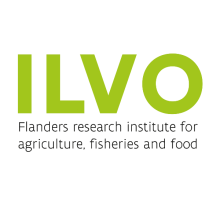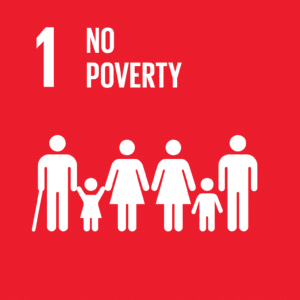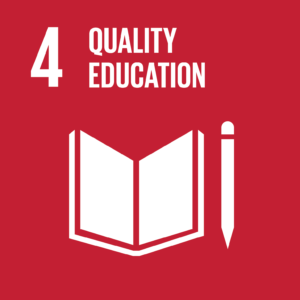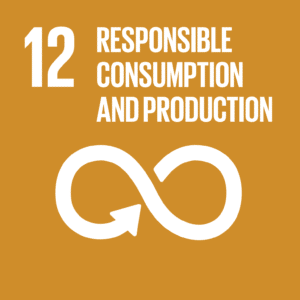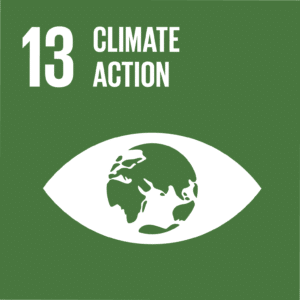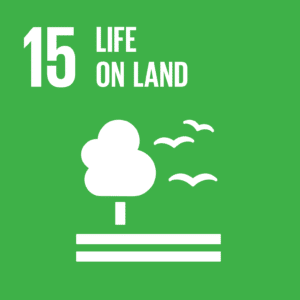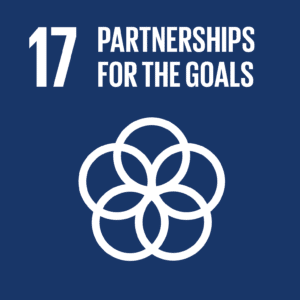Increasing climate resilience among small farmers in Ecuador and Peru
Climate adaptation for the potato production chain
The potato is the main food crop grown in the Andean region. More than 50% of small-scale producers in the region lack access to water and irrigation systems, which negatively impacts crop yields.
Most losses, which can be as high as 95%, occur during production and stem from poor crop management practices that yield just 8 tonnes per hectare compared to the optimum of 16 tonnes per hectare, depending on the crop. Variable climate patterns, leading to frequent frost and droughts, also increase losses.
When crops are lost, seeds are also lost, threatening the agrobiodiversity of native Andean potatoes, and thus the farmers’ resilience and ability to adapt and overcome climatic crises. The situation is also exacerbated by the lack of knowledge of climate adaptation solutions.
Climate solutions to cope with droughts and frosts
This project will support three social enterprises (AGROPAPA, AGROPIA and CONPAPACH) that represent 600 small-scale producers. It will focus on specific climate-change adaptation practices designed to cope with droughts and frosts. These practices include the use of early warning systems based on meteorological information and local temperature sensors that are accessible by the farmers.
Another aim of the project is to help preserve ancestral knowledge about the conservation and management of native potato seeds that can then be passed on to future generations.
Using circular economy principles, water and energy use will be optimized. Steps will also be taken to reduce water pollution and therefore improve the quality and yield of potatoes.
Two hundred small-scale producers will be trained in at least two climate-change adaptation practices or technologies. Half of the farmers will be using the early warning system. Seed production fields will be created to ensure biodiversity of native potatoes with pigmentations and guarantee permanent access to eco-seeds with high nutritional value.
Another 100 farmers, technicians, directors and managers of the social enterprises will be given circular economy training. Two of the three social enterprises will be using these practices to reduce water pollution and energy consumption.
All results will be spread among other farmers, local governments, universities and key stakeholders aiming at influencing national and local climate policies and strategies.


Want to know more about this project?

